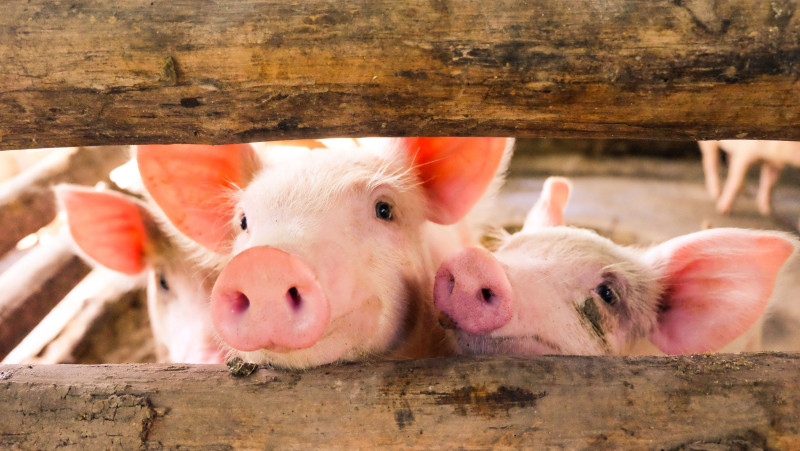SCIENTISTS at the University of Kent conducted several experiments with 2,417 people to find out their views on animal sentience. Some of the participants in this study, published in the journal Cognition, ate meat more or less regularly, while others excluded all animal products from their daily lives.
The researchers asked all of them to rate, on a scale of 0 to 100, around 15 statements about the sensitivity and cognitive abilities of pigs. They wanted to determine to what extent the respondents believed that these omnivorous mammals were conscious beings, who have their own point of view on the world around them.
Once the scores were given, the research team explained to the study participants that most of the information they had given them about the pigs was true. One third of the statements, however, were false, they said, without specifying which ones. The researchers asked the participants to evaluate these statements again, to see if their opinion of these farmyard animals had changed for the better or worse.
An ambiguous relationship with living beings
The scientists found that respondents were able to change their minds about the cognitive and emotional abilities of pigs, regardless of their diet. But they were more likely to believe that pigs are not intelligent. "These results support the idea that people have a tendency to underestimate the likelihood that animals have minds," the study reads.
In other words, consumers still find it difficult to grasp the idea that animals are sentient beings like themselves. The psychological phenomenon behind this reluctance is called cognitive dissonance, theorised in the 1950s by American psychologist Leon Festinger.
This often takes the form of a psychological discomfort that arises when beliefs are incompatible with a behavior, including when it comes to what we eat. For example, the overwhelming majority of people who consume or have consumed meat do so out of social convention or because they like the taste, without considering the suffering that this choice causes to the animals that end up on their plates.
This phenomenon of cognitive dissonance also explains why people think of dogs as sentient animals much more easily than pigs, as the University of Kent researchers noted.
"Participants were more certain that evidence suggesting dogs had minds was true than they were of evidence suggesting pigs had minds," they state in the study. A paradox that shows how ambiguous humans' relationship with animals really is. – ETX Daily Up, February 22, 2023












_penang_airport.jpg)



_penang_airport.jpg)



